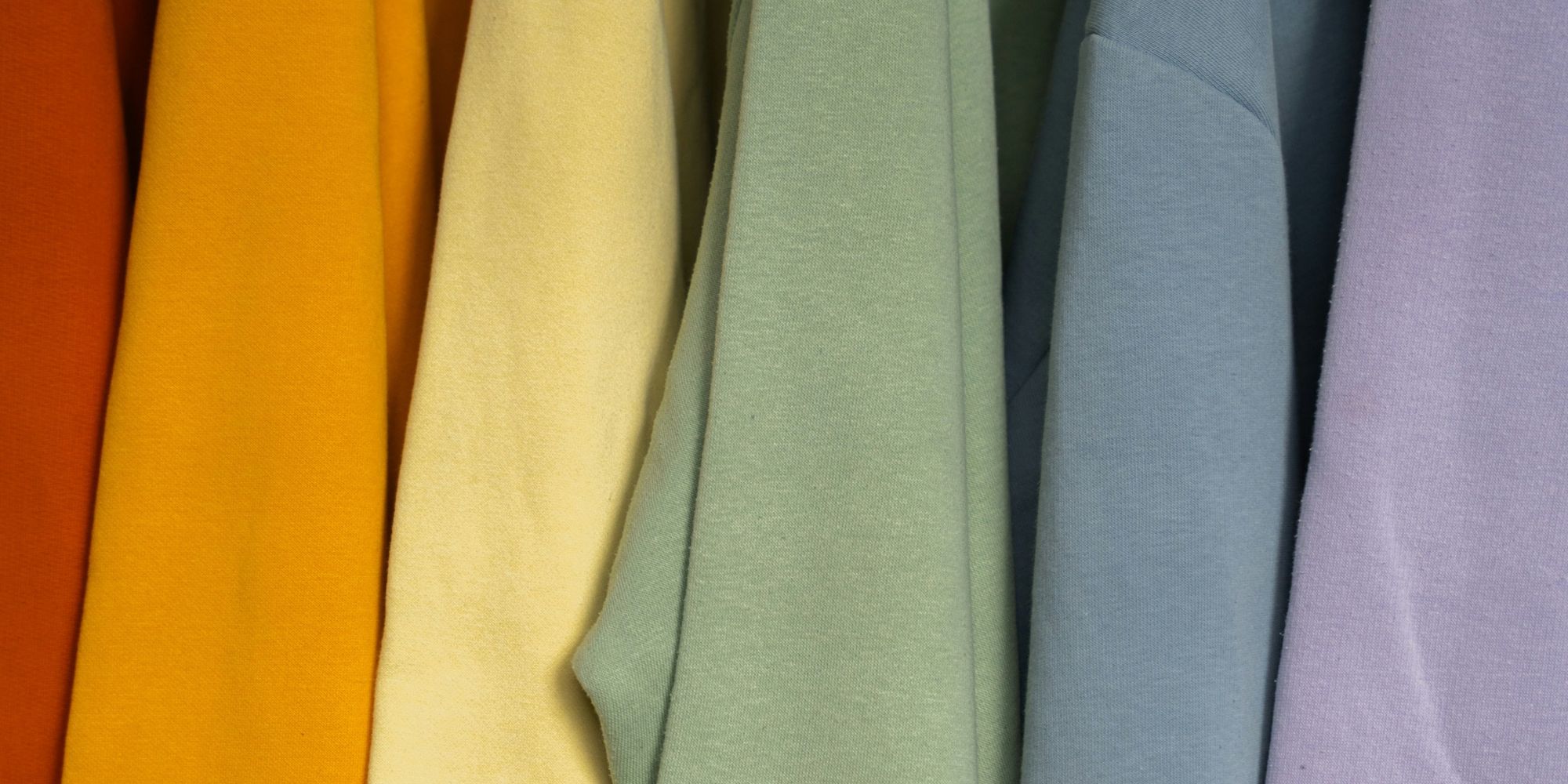Avoiding ‘pinkwashing’ companies this Pride Month
‘Rainbow-washing’, or as it is more commonly known, ‘pinkwashing’, refers to corporations and organisations that align themselves with the LGBTQ+ community purely for economic benefit. Pride Month typically appears with a wash of rainbow-coloured decorations and marketing for new ranges and editions of items. Because of this, it can be challenging to tell which companies back these causes at all times of the year.
Global brands implementing national and regional ‘pinkwashing’ tactics like this can leave LGBTQ+ consumers conflicted about the truth of their actions
The phenomenon of ‘Rainbow Capitalism’ contributes to overconsumption, excessive waste, and exploitation. Companies use the mask of support to lure LGBTQ+ customers into buying more, all while pocketing the profit and using their power to disrupt the progression of LGBTQ+ rights behind the scenes. For example, Disney infamously made financial donations to supporters of the ‘Don’t Say Gay Bill’ in Florida.
‘Pinkwashing’ is consistently prevalent across modern media. What could be a genuine attempt to introduce LGBTQ+ concepts to a massive, global audience falls flat, given that content can be (and is) easily cut when shown in countries with discriminatory laws. These corporations flagrantly disregard impactful change, instead content to pander to an increasingly conflicted global audience, and they end up isolating everyone.
The same instances have repeatedly occurred, such as with Mercedes’ Pride campaign back in 2021, when the ‘Pride star’ logo was not added to the company’s website in certain countries, including in the Middle East. Global brands implementing national and regional ‘pinkwashing’ tactics like this can leave LGBTQ+ consumers conflicted about the truth of their actions.
Queer-owned brands are a great place to start with this and are a way of directly supporting the community
In 2018, the BBC reported that numerous high street brands were both responsible for producing fashion for Pride month in countries where homosexuality is criminalised. H&M’s Pride range was partially manufactured in Bangladesh, where homosexuality is punishable with arrest and incarceration. Levi’s collection was partly made in India, where homosexuality was a criminal offence at the time, though it has since been legalised. Primark’s Pride collection was created in Myanmar, where same-sex sexual activity can result in imprisonment for up to twenty years.
Yet both H&M and Levi’s claimed to be donating to LGBTQ+-positive campaigns, including charities working to undo these harmful bans – Primark’s range gave 20% of sales to Stonewall, a UK gay rights charity that defended its partnership.
If anything, these occurrences are evidence of the superficial nature of Pride ranges. These corporations are writing the book on not putting their money where their mouth is. As Steve Taylor, director of EuroPride, said in 2018, “it’s a bit of a smack in the face”. How can these companies employ workers to make clothing garments they can’t wear themselves without fear of arrest?
With corporate Pride campaigns little more than a pinkwashing minefield, it’s up to consumers to wield purchasing power wherever possible. Queer-owned brands are a great place to start with this and are a way of directly supporting the community.
The internet is home to many wonderful shop fronts created by LGBTQ+ individuals that often incorporate more eco-friendly practices
5 queer-owned brands to look out for this Pride Month
- If you’re a bookworm, Gay’s The Word is the UK’s oldest LGBTQ+ bookshop on Marchmont Street in London. It also has a shop front of Bookshop.org (UK).
- The online Queer Little Shop, based in Wales, has all the necessary Pride accessories, from pronoun badges to bookmarks.
- Feel Good Club is a ‘coffee house, bar, and kitchen’ located in Manchester. It sells clothing in its online store and campaigns for better communities and inclusive spaces.
- For lovers of craft beer, Proud Beer donates 20p of each sale to their LGBTQ+ charity partners.
- Marblehead is a colourful clothing, accessory, and stationery site that ‘celebrates queer culture’, and labels itself a ‘gender free zone’.
The internet is home to many wonderful shop fronts created by LGBTQ+ individuals that often incorporate more eco-friendly practices. Lists of queer brands are never-ending, so a conscious choice has been made much easier. While we may depend on large corporations for various larger-scale industries, there’s no need to indulge the pinkwashed ranges adorning many high street brands this June when there’s an ocean of small, queer-owned, creative, handmade businesses right at your door.

Comments